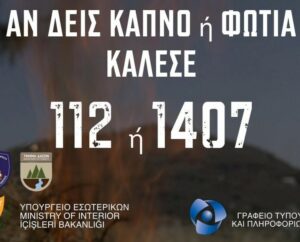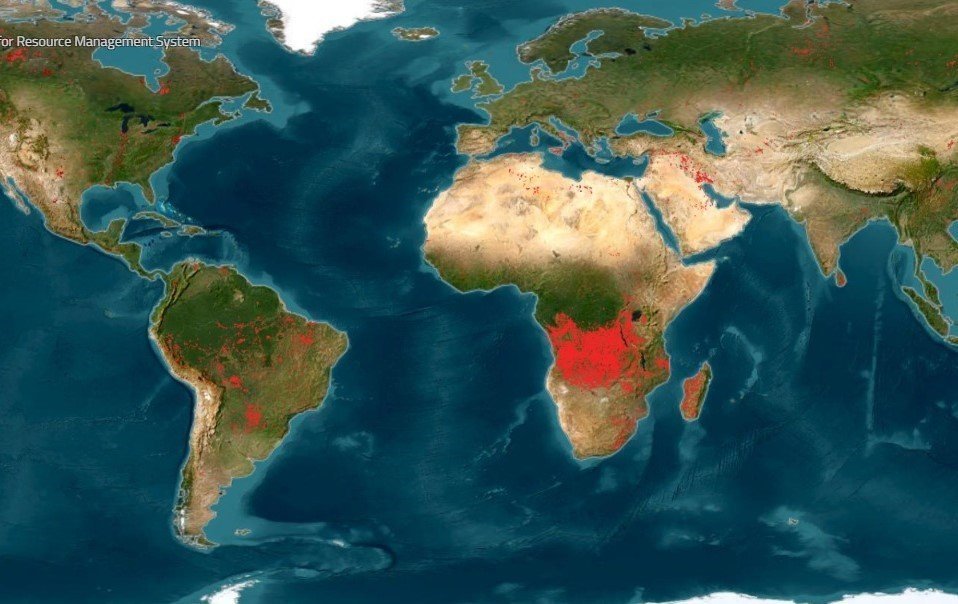As we witness the tragic images from Rhodes, where a devastating fire has ravaged a large part of the island, and with a heavy heart after learning about the fire in the Paphos Forest, we are compelled to reflect on the urgent need to prioritise nature on the political agenda.
The change of the climate, coupled with prolonged heatwaves and extended dry periods, the abandonment of the countryside, land-use changes, the invasion of human activities into the heart of natural ecosystems, and human recklessness are some of the factors contributing to the increased risk of wildfires on the island. The main causes are anthropogenic. Indeed, as per the Department of Forests’ report for the years 2020-21, human factors account for 85% of the fires, while only 15% result from natural factors such as lightning strikes.
Specifically:
- Arson – Intentional fires account for about 34%.
- Negligence accounts for approximately 66%, including agricultural activities, tourist activities, residential activities, electrical cable malfunctions, hunting activities, etc.
The data presented above should be a cause for concern for all of us if we wish to avoid witnessing the repetition of such dramatic events every year.
Aside from the risk to human lives, fires cause enormous damage on the natural environment, resulting in a significant loss in biodiversity. However, the loss of natural areas and biodiversity further exacerbates climate change, thereby increasing the risk of wildfires. This forms a vicious cycle that we must strive to break.
It is essential to prioritise forest fire prevention with an emphasis on:
- Reducing the risk of fire occurrence by avoiding activities that may trigger fires.
- Minimising fire spread through timely detection.
- Detailed mapping of all areas, access points, and action plans according to potential fire ignition points.
- Effective forest management to increase forests’ resilience to fire incidents.
- Establishing a mechanism to mobilise human resources and equipment for immediate suppression.
- Prompt activation of trained volunteer groups to be deployed at various emergency points.
Here you can find the current wildfires around the world. In case you see smoke or fire, call 112 or 1407. Every minute counts!
We emphasize that forest firefighting is a challenging task that requires special training due to the unpredictable behaviour that a forest fire can exhibit.








